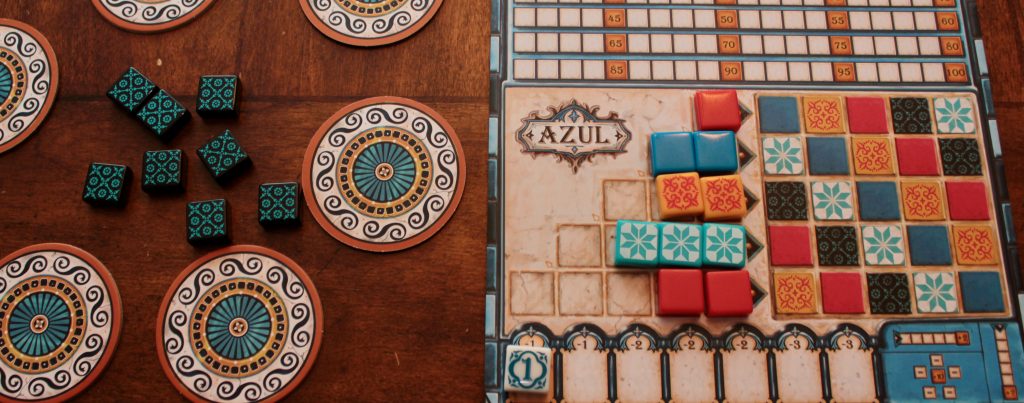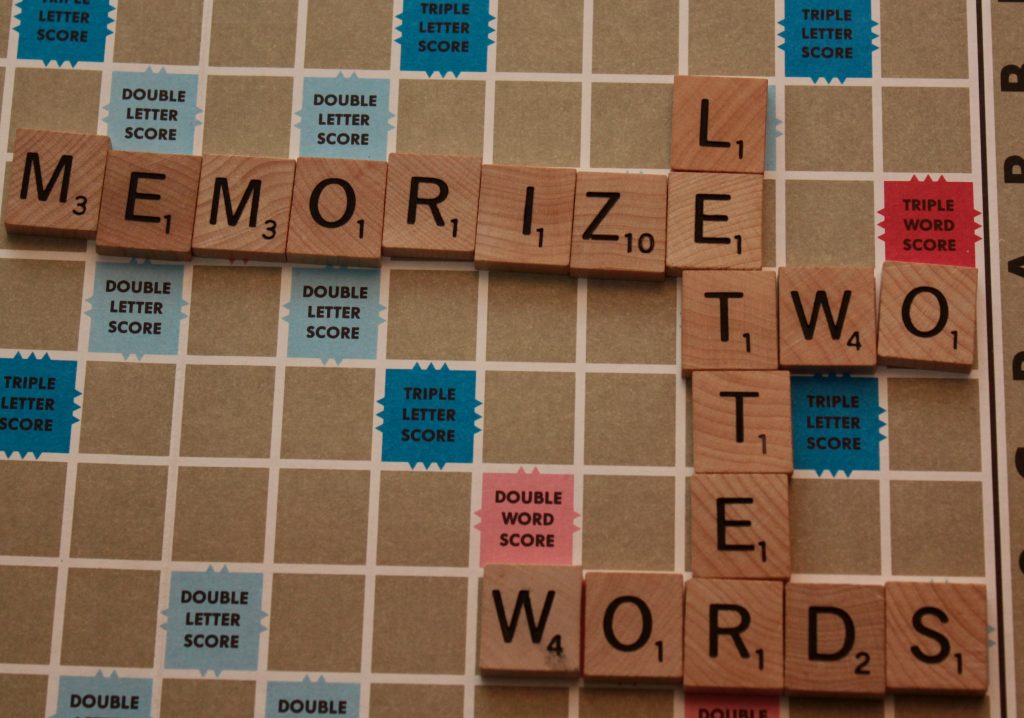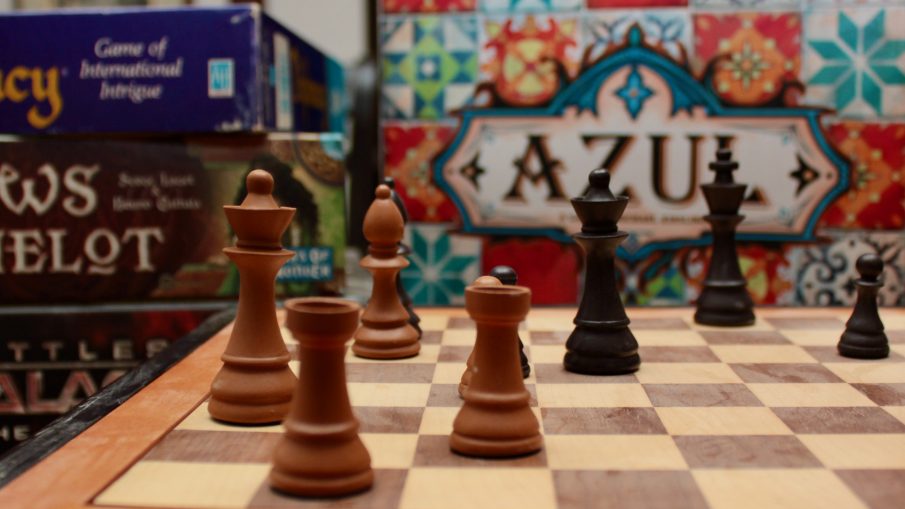This series has included three articles with suggestions for games you can play with your family which will help build bonds and skills while making your isolation together more pleasant. But there may come a time when you want to show those hellspawn darling children who’s the boss. Of course, there’s no point in trying to play something so obviously boring or beyond them that they’ll lose interest before the rule get explained. Sure, you could ruin your relationship forever with a single game of Diplomacy, but they’re unlikely to give you the chance. These games are highly regarded and seem very approachable, making them ideal for the purpose:
Ticket to Ride (2-5 players)–an absolute gem of an introductory game, accessible to virtually everyone but with enough meat to satisfy even sophisticated gamers occasionally. The reason it makes this list is that the game begins with players choosing goals; the more ambitious they are, the more points that player stands to gain or lose. Savvy players learn to obfuscate their aims and choose goals of middling difficulty. Children are generally not well-suited to these tasks, which means an attentive parent can not only block them from their ambitions, but may even wait to do so until their child is heavily committed to the goal to be blocked. This not only imposes a massive point penalty, but also ruins the child’s ability to recover or adapt. Some of the other versions introduce mechanics which address this rage-inducing dynamic (Ticket to Ride: Europe is particularly gentle), but if you really want to see that gleam of betrayal in your child’s eyes, the base game is perfect.

Azul (2-4 players)–Azul looks like a relaxed puzzle played with Starburst Fruit Chews. The pieces only look delicious, but they’re still as sensually pleasing as a game piece gets, and there’s a calm pleasantness to using them to make a tile pattern and getting more and more points for it every turn. The trouble, really, is loss aversion–the curious but almost universal psychological effect which describes our tendency to hate losing far more than we like winning. In Azul, if you take too many tiles of the wrong kind, you lose points. So, when selecting tiles, whoever notices last that there’s a growing pile of tiles that no one wants to take is likely to get stuck with them and lose a load of points. I didn’t even mean to dump a giant pile of black tiles on my son in our last game, it just fell out that way, but he lost everything, quit the game, and has refused to play since. That was months ago.

Chess/Scrabble (2/2-4 players)–both classics, but both have the same problem (from a child’s perspective): it’s pretty easy to memorize a few things which make the game far easier, and parents are much more likely to know this than their children. A truly malevolent parent could probably lure a child into believing their skill at chess was growing for several games before pulling the popular and utterly demoralizing four-move checkmate on them, and follow it with a series of famous openings which put them in a strong position thereafter. Similarly, as a parent, it’s not uncommon to hear people mention that memorizing all the two-letter words English offers give one a massive advantage in Scrabble. Given that both games tend to rely on skills at which parents tend to be more practiced than their children, anyway, the easy availability of game-warping but rapid study puts them well into the hazardous realm for kids to play with their parents.
Betrayal at House on the Hill (3-6 players)–while any game with a hidden traitor has the potential to cause the sting of betrayal, this one has the added possibility of the newest player being handed a whole special rule set with no one available who could clarify or correct any misunderstandings. This is particularly harsh because the rules for the first half of the game are so light and approachable. Bonus points must be awarded for leaning hard enough into its horror theme that the children may end up with nightmares.
After recommending games to buy for a single elementary schooler, a family, and to make at home, I thought it important to explain why I hadn’t been suggesting some otherwise superb options. Obviously, poker or backgammon played for money have the potential to cause seriously hard feelings despite their strengths, and trivia games must be carefully chosen to avoid being simply tests of who among the players is a middle-aged white person. But some of the pitfalls (to parents who want to foster goodwill among their families) of other popular games might be less obvious.



Start the discussion at discourse.statelyplay.com